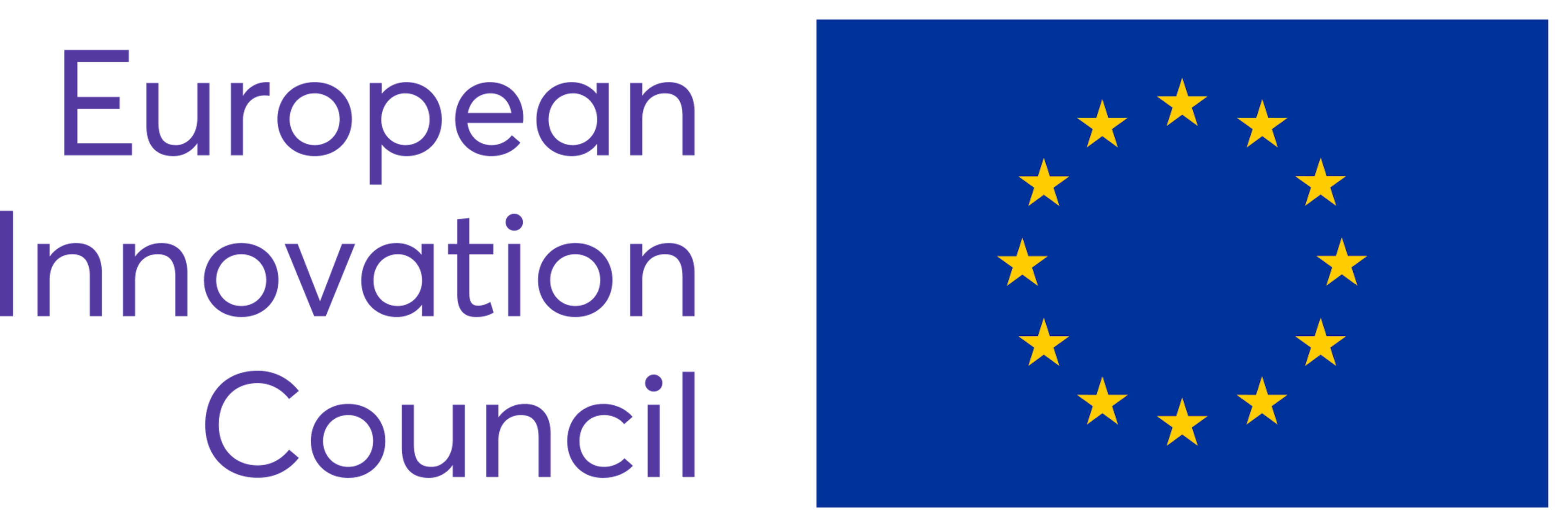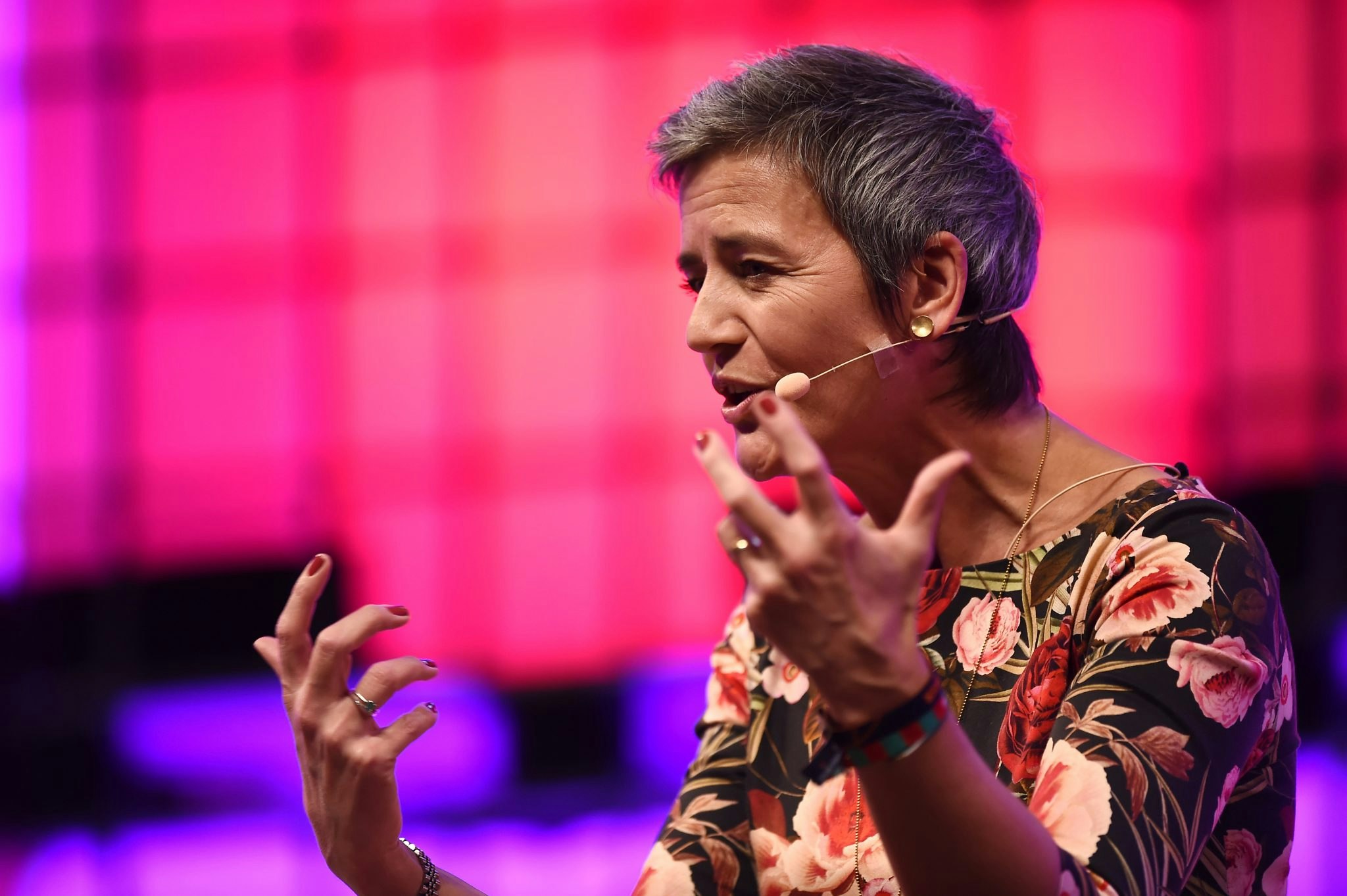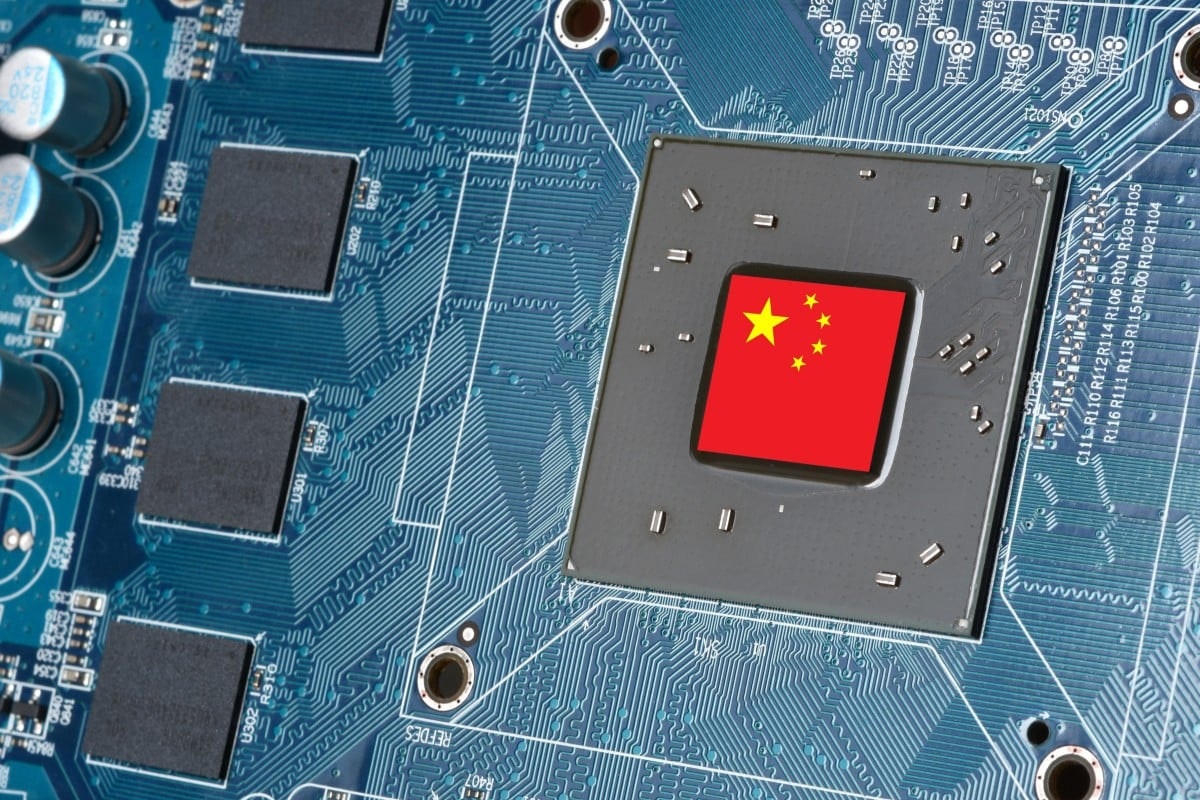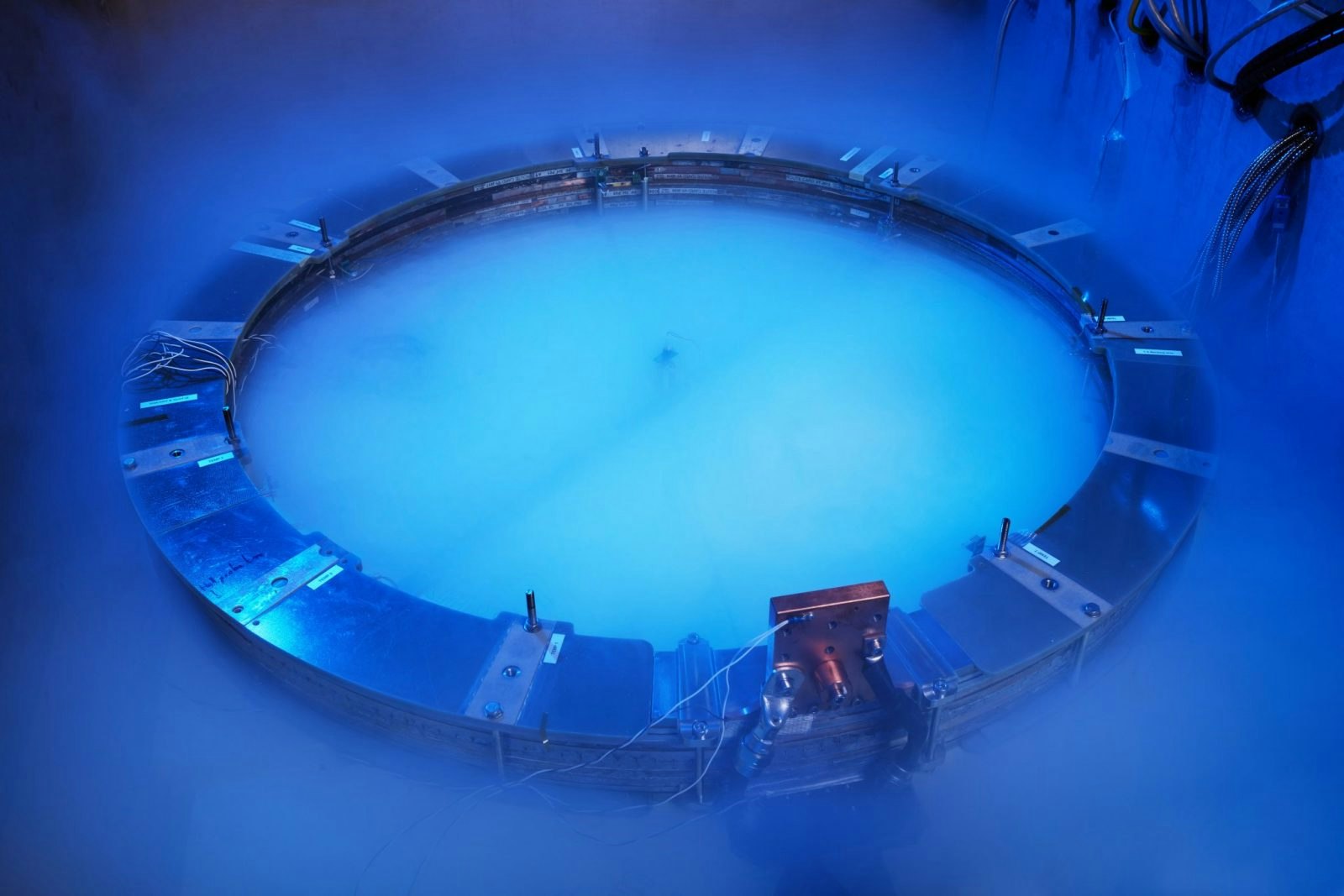If you were looking for Europe’s most active investor, where would you look?
The European Innovation Council (EIC)’s €3.5bn Fund has already invested in more than 159 startups across the continent, and last year, took the crown as Europe’s most active supporter of European deeptech, backing 71 startups — more than three times as many as the next most active investor.
The EIC Fund is the equity arm of the EIC, the €10bn programme of the European Commission to support scientists, startups and researchers working on the deeptech solutions that could solve some of Europe’s — and the world’s — most urgent challenges, from climate change to healthcare and energy security.
Last month, the EIC announced it would be funding 47 more deeptech firms to the tune of €349m. These companies include Spanish quantum computing and data security startup Quside Technologies, French semiconductor developer VSORA and Dutch Axelera AI, which is building AI for edge devices.
But why does the EIC Fund exist — and who gets the funding? We asked Michiel Scheffer, president of the EIC Board, and Svetoslava Georgieva, chair of the EIC Fund Board, for the key details.
How does the European Innovation Council Fund work?
The Fund is one instrument in the EIC’s innovation-boosting toolkit. The EIC Accelerator offers a blended finance proposition, where startups and scaleups working on cutting-edge tech can receive up to €2.5m in grant funding and up to €15m in equity investments through the EIC Fund.

“What is unique about the EIC Fund is that we support companies through grants and equity,” says Georgieva. “I believe no other VC funds offer this opportunity.” This also sets the Fund apart from other EU funding programmes, which typically prefer to offer loans, grants and guarantees instead of investing directly in startups.
The EIC’s most recent announcement saw startups from more than 15 European countries selected for the Accelerator and to receive funding, with French and German startups accounting for 25% and 11% of those, respectively.
Who does the EIC Fund back?
Healthtech was the most popular sector for investment among EIC judges, accounting for 30% of startups funded. Among these were Arcorai, a Swedish startup developing non-invasive heart failure monitors, and German hyperbaric oxygen therapy chamber maker Mira.
Europe’s strength is in crossovers. We are very strong in combining different technologies
“What you see a lot is clever combinations of hardware and software,” says Scheffer, referring to the new cohort. Acorai’s heart monitor, for example, combines sensor technology and AI to not only monitor heart health, but also predict patient care needs for up to six months.
“Europe’s strength is in crossovers. We are very strong in combining different technologies, which is a different approach from Silicon Valley, where there's much more focus on one technology base,” he adds.
Deeptech startups operating in Europe also have an edge over foreign competitors when it comes to expanding across the continent, Scheffer says: “No one understands better what European markets need than European companies — and 500m people is a sizable market in this world.”
The EIC Fund is particularly interested in startups “working on major societal challenges”, Scheffer says. He summarises these as technologies driving the transition to clean energy and materials, solutions for healthy ageing and tech that improves “the efficiency and effectiveness of human work”, such as AI and quantum computing.
With around €1bn of the Fund’s total €3.5bn budget approved for investment so far, Georgieva estimates that it can support more than 500 startups in the region over the next five years.
“Doing the math, this leaves us with a lot of firepower to support more and more companies,” she says, adding that the Fund is currently signing on average two deals per week. “We’re at full speed.”
Expanding funding opportunities for European deeptech
Deeptech is a leading vertical in Europe’s startup ecosystem. And while funding for such firms remains healthy — $17bn poured into deeptech startups in 2022, down 16% year-on-year, but far surpassing the $11.6bn invested in 2019 — it can still be difficult for them to find backers for their capital-intensive endeavours.
We’re very much looking to crowd in other private VCs and corporate investments from the community in Europe
The EIC Accelerator, with the EIC Fund, has helped bridge this funding gap for early-stage startups through its non-dilutive grants and equity investments. But with a maximum ticket size of €15m, the EIC still needs other players to participate in these deals.
“We’re very much looking to crowd in other private VCs and corporate investments from the community in Europe,” says Georgieva, adding that the EIC’s rigorous and highly competitive vetting process is one way the EIC hopes to encourage private investors and corporates to participate in more deals.
“Still, bigger challenges require bigger tickets — and follow-up investments,” says Scheffer, echoing comments he made to Sifted in June. “We’ve closed the first five or six years, but now the valley of death is later.”



